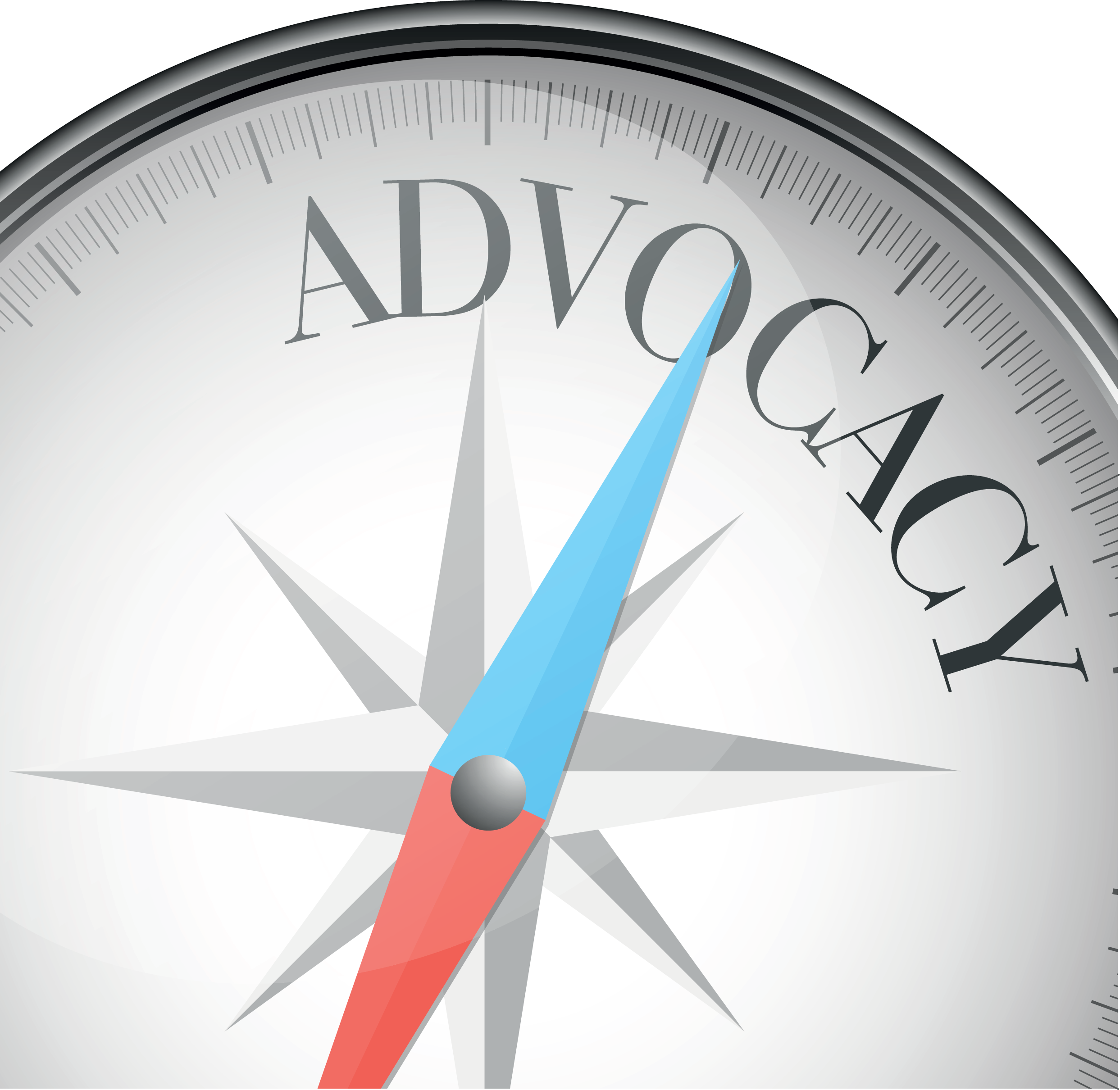Hang around any group of Main Streeters (or any community revitalization professionals) long enough and you will inevitably start to hear about some form of legislative roadblock or some new bill that is going to make it harder to do their job. I’ve been around Main Street for over a decade now and I can tell you that Main Streeters are some of the most civically engaged people that I have come across, but our activism tends to happen in the form of advocacy for our program or rallying support for a local project. When it comes to advocating for issues, we can be a little less enthusiastic.
Some of this may stem from a lack of knowledge about certain issues. Let’s face it, we are only a small team (often a team of 1). There’s only so much time you can devote to any one aspect of your job, and often this is something that can be pushed for more pressing issues. Sometimes there is a fear of being seen as lobbying vs. advocating. As non-profit organizations we need to be cognizant of the difference, but we cannot shy away from advocating for things that are important to our organizations.
Before we move on, let’s address the difference between Lobbying vs. Advocating. Lobbying is attempting to influence specific legislation. Advocacy is focused on educating on specific issues. Clear as mud, right? Here’s an example of the difference:
While this may be a fine line, it is an important one that Main Streets cannot shy away from. Every Main Street program should be advocates. We have to be vocal in representing not only our interests but the businesses we represent. Lobbying is permissible for nonprofits, but with restrictions. You can learn more about lobbying in this guide.
So how do you start advocating? The first step is building a relationship with your local representatives. Whether that is your city council, state representatives, or members of congress you should be on their radar. It’s true that the higher on the federal ladder you climb, the more staffers you are likely to encounter. That’s fine. Get to know them, make sure they know you, and know what you do. Some of the key things to communicate with them as you are building your relationships:
Start including them on your newsletters and press releases. Invite them to your annual meetings. Maybe they show up, maybe they don’t, maybe they send a staffer, but at least they are aware of it. This builds that relationship and establishes you as an authority on downtown and your small businesses.
The next step is to make sure you know what is coming in the legislative pipeline. Yes, there are a ton of bills introduced daily and it is impossible to stay on top of everything. So how do you know when to get involved? Keep your ear to the ground and you’ll find out pretty quickly what your businesses care about. Whether there is something in the news, or something that a partner organization tells you about (Chambers and your City can be great resources and partners in this).
Once you find something that you think you need to advocate for, talk to people. There will be times where half of your businesses think a bill is positive, and half think it is negative (ok, probably every bill if we’re being honest with ourselves). This is another reason people stay out of the political fray quite frequently. I totally understand that desire to not offend, but sometimes sitting on the fence is uncomfortable. This is where your board can come in. Hopefully you have built a board that is diverse and represents several industries and viewpoints (if not, check this out). Let them help guide you on when to get involved.
The final step is to actually do the advocating. Gather facts, talk to businesses, get quotes, do your homework. When you’re ready, set a meeting. Don’t be discouraged if this takes multiple attempts at first. Remember, they are busy and everyone wants a piece of their time. Then when you get your opportunity, take it! It should go without saying, but to be safe – show up at least 15 minutes early (you should be prepared to wait in case they run late, but if they happen to be early, you can keep things moving for them by being punctual). Dress appropriately (you may wear jeans to the office every day and that may be great for your district. Good rule of thumb is that you want to match the person you are meeting. If they’re a suit and tie person, then it’s time to suit up!

When you are in the meeting:
Make sure they understand how this will impact the people you represent. Prepare an easy-to read one-sheet (think infographic). Make sure you come with multiple copies so that staff have them as well. Watch the clock, and make sure you don’t overstay your allotted time. If you have 30 minutes, practice your pitch and be done in 20 so they can ask you questions. Once you’re done, say thank you and let them move on to their next meeting. They will remember the people who were respectful of their time.
I was very fortunate when I was a director in that our State Representative and State Senator were very supportive of our organization and almost always were aligned with the position we would advocate. So what do you do then? This is where you can use those relationships to spread the word. Maybe there are key committee members who don’t have a Main Street organization in their district, or they want to hear from others. Because you aren’t a constituent it may be more difficult to get a meeting. Ask your representatives to help you get in front of those people who are a key voice on the issue.
This is especially true during your state legislative days. No one wants to drive to the state capitol to set up a display about how great your downtown is for staffers to walk by and try not to make eye contact with you while your legislators go in the side door and you never see them. If you are lucky enough to have a legislative day, take advantage of it. Coordinate with other directors, put a plan together and make sure you all have the Main Street talking points. Then figure out who will be talking to who and start setting meetings.
Admittedly, this is the tip of the iceberg when it comes to advocating. However, it should give you a good starting point and something to think about as you start to forge your relationships with your elected officials.
If you need more guidance or expertise on how to make the case for Main Street, utilize the network and check out Main Street America’s Advocacy Toolkit. Kelly Humrichouser is the Director of Governmental Relations for Main Street America. She is a passionate voice for Main Street and someone you should know (because she’s great)!
